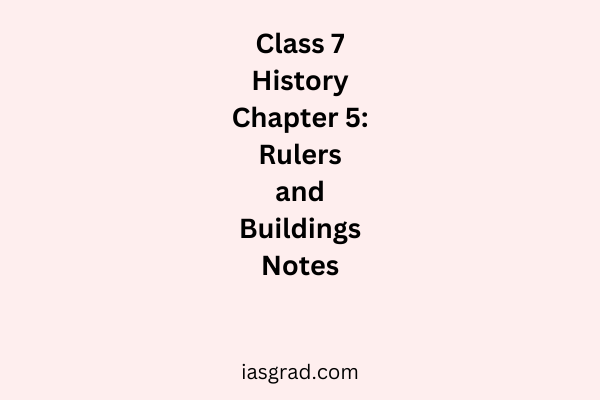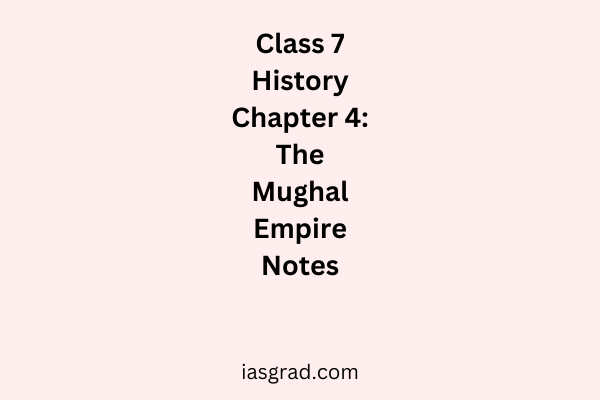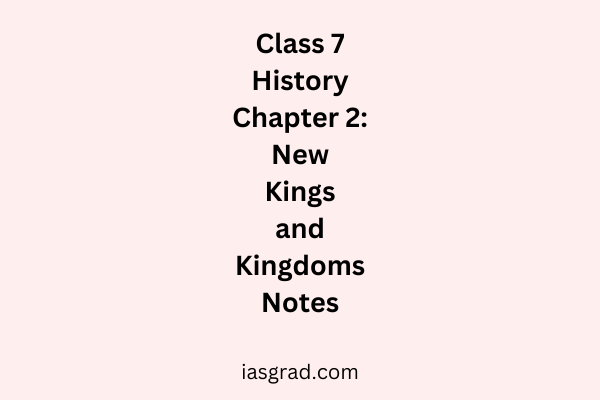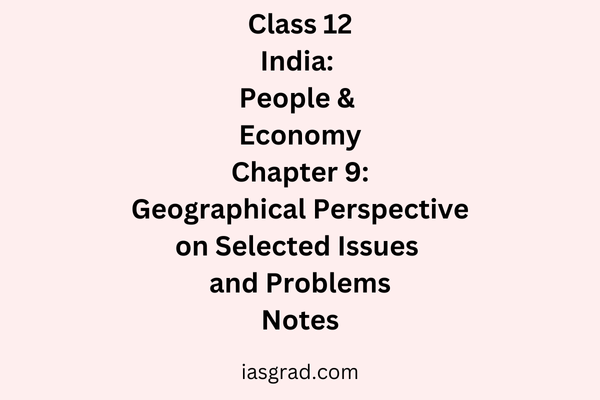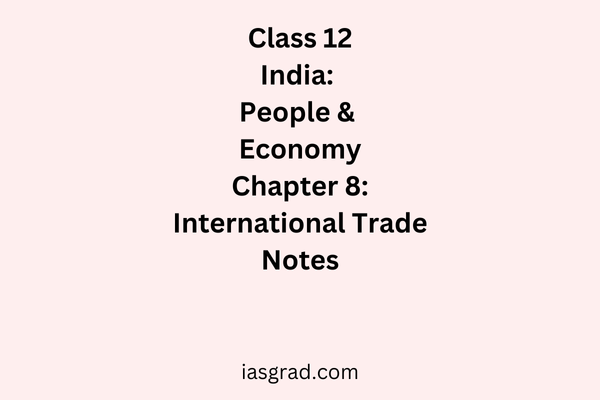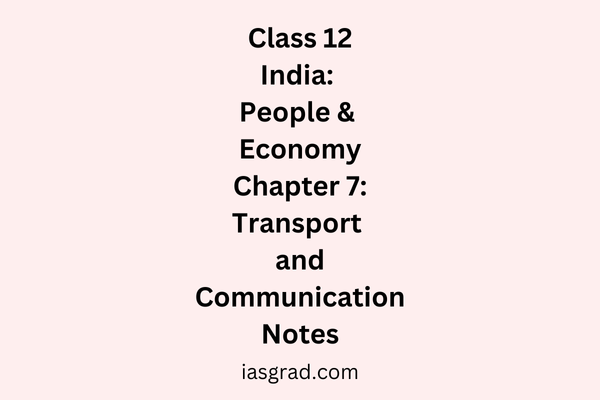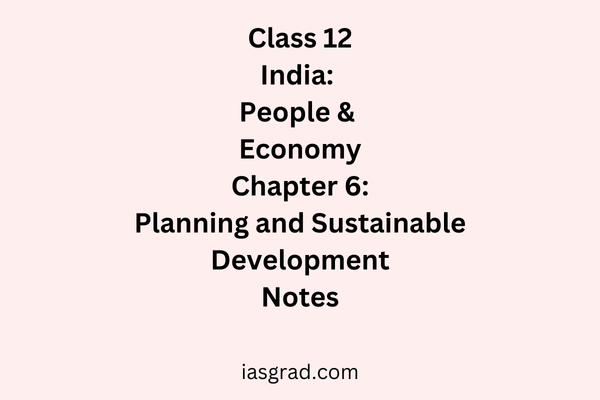Class 6 History Chapter 6: New Questions and Ideas Notes
Class 6 History Chapter 6: New Questions and Ideas Notes This chapter explores the emergence of new philosophical and religious ideas in ancient India. It discusses the teachings of Gautama Buddha and Mahavira, the founder of Jainism. The chapter highlights key concepts like ahimsa (non-violence), karma, meditation, and renunciation. It also introduces Upanishadic thinkers, who […]
Class 6 History Chapter 6: New Questions and Ideas Notes Read More »

